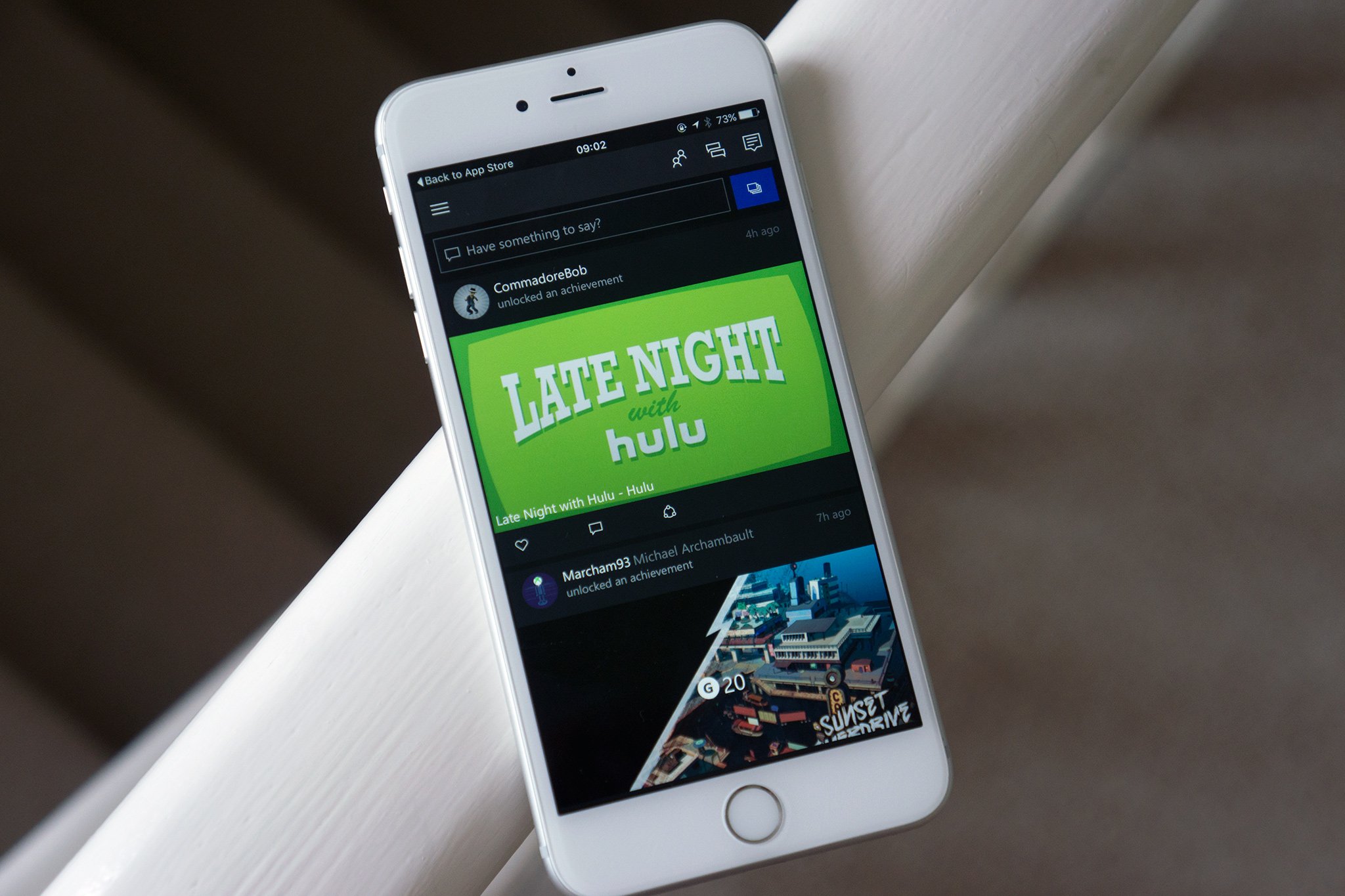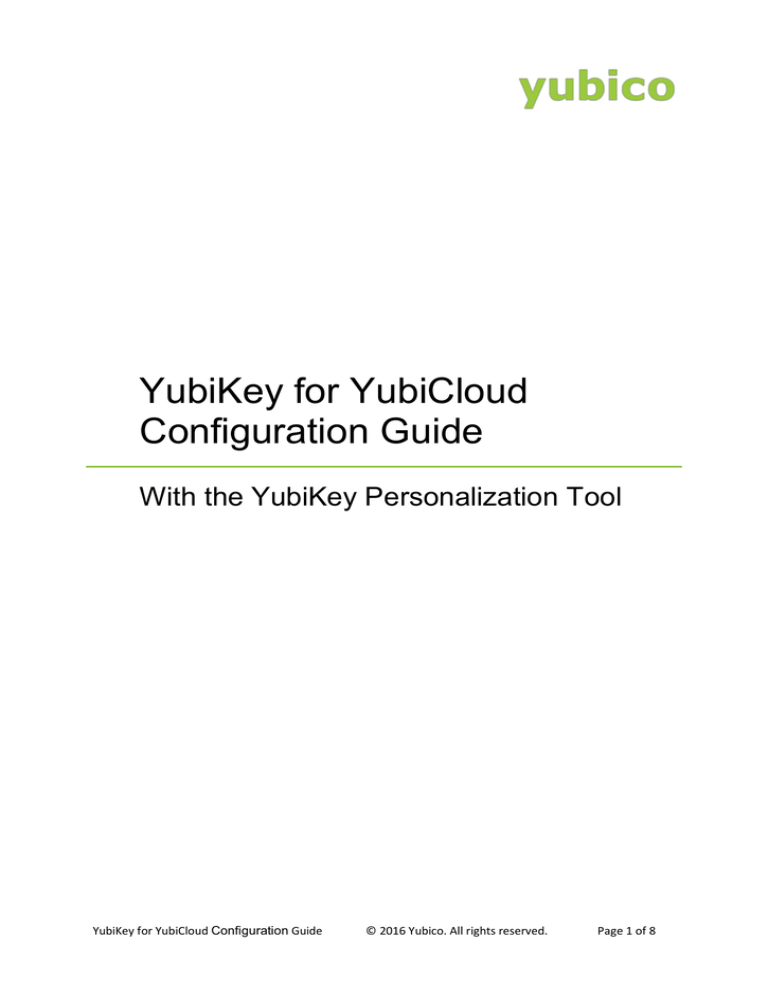

- SETUP YUBIKEY FOR MAC OS X INSTALL
- SETUP YUBIKEY FOR MAC OS X DRIVERS
- SETUP YUBIKEY FOR MAC OS X DRIVER
- SETUP YUBIKEY FOR MAC OS X CODE
However, I have recently upgraded to the newer gpg v2.1.15 for use with gpg-agent socket forwarding over ssh.
SETUP YUBIKEY FOR MAC OS X INSTALL
I was previously using the stock version of GPGTools for mac ( v2.0.30) installed via homebrew also: brew cask install gpgtools. I have followed this guide for initially setting up my Yubikey, however since I am using a Yubikey 4 nano, I can use 4096 bit keys instead of 2048 which was the previous limit for the Yubikey neo for which this guide was written. I believe gpg-agent starts scdaemon to ask the Yubikey to sign data. I did not previously have the yubico-piv-tool installed when I set up the key for doing gpg signing, so this library is not used for signing. The output below is that command run with my Yubikey inserted, and subsequently again with the Yubikey removed, so you can see the difference in what's Yes I've installed libykcs11.dylib with the yubico-piv-tool with homebrew via brew install yubico-piv-tool as you recommend. If you install yubico-piv-tool from brew, you should be fine. The next thing to check is that you have a sufficiently new version of udev. If that's not the case, follow these instructions to switch mode to something that includes CCID. More specifically, the Product ID should be one of 0x0405, 0x0406, or 0x0407. Under the USB section you should check that "CCID" is included in the Yubikey's device name. You can find the info by clicking the Apple icon in your menubar, selecting "About This Mac", and opening System Report. Yubikeys can be configured in multiple modes and it's possible that you are in a mode that does not support PKCS11. The first step would be to ensure your Yubikey is actually configured correctly. These features also operate over different protocols, so GPG working provides no kind of indicator as to whether the PKCS11 part of the Yubikey is functioning. Your GPG keys, and your PKCS11 keys are mutually exclusive sets.

The first thing to be aware of is that Yubikeys contain physically distinct internal hardware for GPG vs PIV/PKCS11 (the part Notary utilizes).
SETUP YUBIKEY FOR MAC OS X DRIVERS
Deferring to as I haven't played with the drivers in a long time.
SETUP YUBIKEY FOR MAC OS X DRIVER
For very old versions of OS X Yubico had a libccid driver that had to be installed as well - if the library was there and the driver is not (or there was some other issue where the library could not access the card) that could account for the initialization error. I don't know if that is still the case, or what version of OS X it was, however.

I don't think we overwrite existing other PIV signing keys - we generate our own so that you don't end up using the same keys for everything - but we won't replace any we haven't re: initialize error pkcs11: 0圆: CKR_FUNCTION_FAILED: I remember hearing several months ago (before sierra) about how the some version of OS X broke the piv library.
SETUP YUBIKEY FOR MAC OS X CODE
You can find the key in your config directory.Įnter passphrase for new root key with ID re: overwriting keys: Did you already have PIV keys on the yubikey (such as for OS X or windows code signing?), or just the GPG keys? IIRC the PIV keys are completely separate from the GPG keys, and are stored in different slots on the card (I have my 3 gpg keys and a notary PIV key on mine, for instance). Password manager to generate the passphrase and keep it safe.

PleaseĬhoose a long, complex passphrase and be careful to keep the password and the Will be used to protect the most sensitive key in your signing system. You are about to create a new root signing key passphrase. Notary init /collection -D -s DEBU Using the following trust directory: /Users/exampleuser/.notaryĮRRO could not reach Get dial tcp 192.168.64.2:8080: getsockopt: connection refusedĭEBU No yubikey found, using alternative key storage: found library /usr/local/lib/libykcs11.dylib, but initialize error pkcs11: 0圆: CKR_FUNCTION_FAILED


 0 kommentar(er)
0 kommentar(er)
